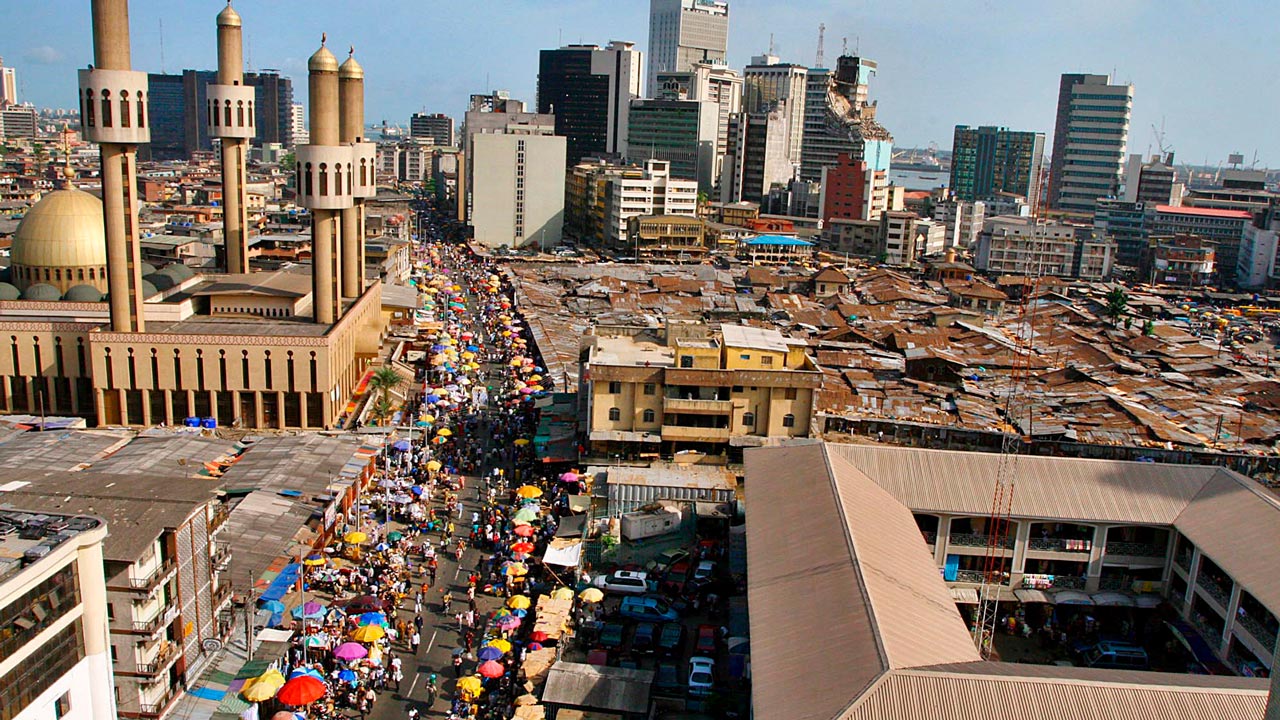British newspaper, the Telegraph, on Tuesday published a review of Nigeria’s economic situation, and the risk of slipping to the state of Venezuela.
Written by a top economic commentator for the media firm, Jeremy Warner, the review rebuffs Nigeria’s status as an emerging market considering its low income and low growth.
Warner states that “Both in absolute and per capita terms, Nigeria’s GDP has been in sharp decline for the best part of four years, and in the past year it has again fallen behind South Africa as the continent’s largest economy. Only now is it beginning to pull out of this long recession. Meanwhile, its currency, the Nigerian naira, has suffered a catastrophic collapse, devaluing by nearly 70pc against the US dollar over the past 10 years. It is with good reason that some pundits call Nigeria the next Venezuela in the making.”
Comparing the two countries, the report notes that Nigeria is a relatively oil rich economy with a newly re-elected left-wing populist, Muhammadu Buhari, at its helm whose chief of staff is an avowed admirer of Jeremy Corbyn, himself a devotee of Venezuela’s late Hugo Chavez.
It added that both economies – Nigeria and Venezuela – have mindlessly alienated international capital and utterly failed to harness their oil wealth. It cited Ghana, which is less than a seventh the size of Nigeria in terms of GDP, as a recipient of higher foreign direct investment than Nigeria.
“Global investors and companies have lost faith in the country and are leaving in droves. So too has its middle class. Nigeria is estimated to have lost about a tenth of its wealthier citizens to emigration in recent years. Its brightest and best have been voting with the feet in ruinous numbers – doctors, nurses, engineers, accountants, entrepreneurs, lawyers and so on. Success and wealth are routinely demonised by the Buhari regime. The grubby process of populist vote buying has triumphed over sound economics and pragmatic policy.”
Read also: Empowerment: Kano State Govt. disburses N99m to 4,983 butchers
Warner lamented how Nigeria’s newly re-elected president, Muhammadu Buhari: during his campaign, he glorified poverty and vilified success.
He quoted a Nigerian political blogger, David Hundeyin, who said “Buhari’s recent election campaign was characterised not by any serious acknowledgement of Nigeria’s extreme investment deficit in education, healthcare, power generation and transport infrastructure, but by attacks on the usual populist scapegoats – corrupt people, treasury looters, and arrogant elites. Poverty was glorified, success was vilified.”
Nigeria’s population, the review added, is expected to more than double over the next 30 years, reaching a scarcely credible 750m by 2100, according to projections by the Census Bureau of the United States. That’s plainly not going to be sustainable, and therefore quite unlikely to occur in practice, but even if only half right, it creates, in the absence of extremely rapid per capita economic growth, myriad problems for the West.
It expressed worries that the consequent explosive migration from countries like Nigeria will cause problems for the West, and thus need to emulate Asia in driving rapid economic advancement.
It notes that “migration from the developing world peaks when national income reaches the $6,000 to $7,000 per capita range. Much below that, and only the middle classes and the enterprising have the wherewithal to make the break. Once income reaches that level, however, it provides the means for mass migration.”
“As things stand, Nigerian GDP per head is only £2,450. It could therefore be argued that the West perversely has an incentive to keep Africa in relative poverty. With an anti-business politician such as Buhari in charge, we perhaps don’t have to worry too much about an African invasion. We can cynically take our pick of its most educated, while leaving the rest to cope as best they can.”
“Building on analysis by the American economist, Mary Jean Bowman, Charles Robertson, chief economist at Renaissance Capital, has developed a neat little system for determining whether a country is capable of the sort of industrialisation necessary to achieve middle income status or better. Bowman established that one prerequisite was a minimum literacy rate of 70pc. India achieved that level in 2015, some 20 years after China. Nigeria is still some way off. Riven by ethnic and religious division, it is struggling to make progress.”
“Robertson adds another two pre-conditions – that a country needs a minimum investment rate of 25pc of GDP and that electricity consumption must reach an average of 300 kilowatt hours per person, enough to power a TV and three low energy lightbulbs. Again, Nigeria is well short of these thresholds, particularly on investment, which is only half that level.”
While acknowledging that Buhari’s government contains some notable reformers whose anti-corruption crusade can only be applauded, the review notes that being an economy linked inextricably to the fortunes of the oil price and, like Russia, Nigeria is incapable of decent levels of growth when the price is low.
“However, for Nigeria, abundant oil has proved as much a curse as a blessing. Again, the problem is population. Production per capita is too low to make a material difference to average incomes but just high enough to remove the incentives for other sources of income growth,” it added
“The next Venezuela? It’s all too possible.”




 Premier League
Premier League